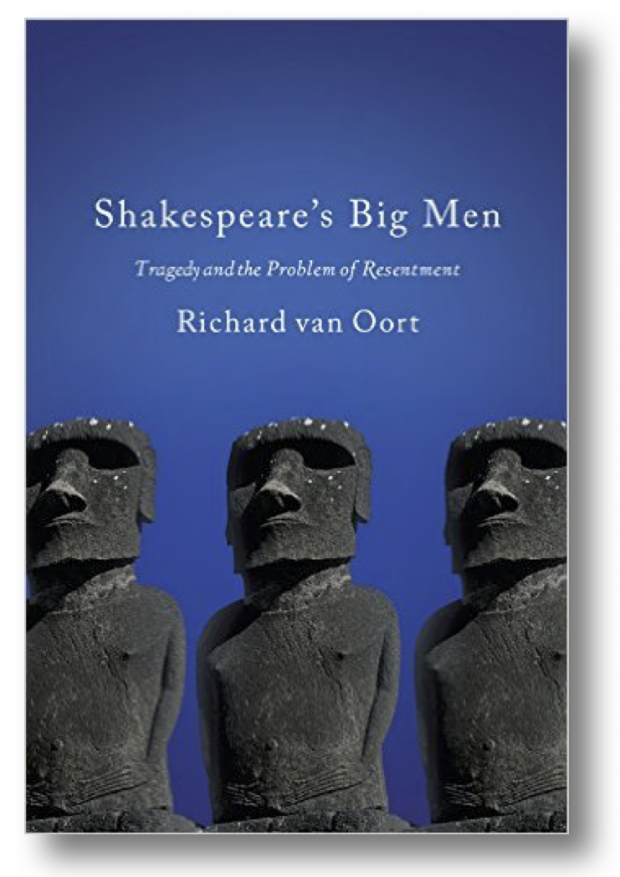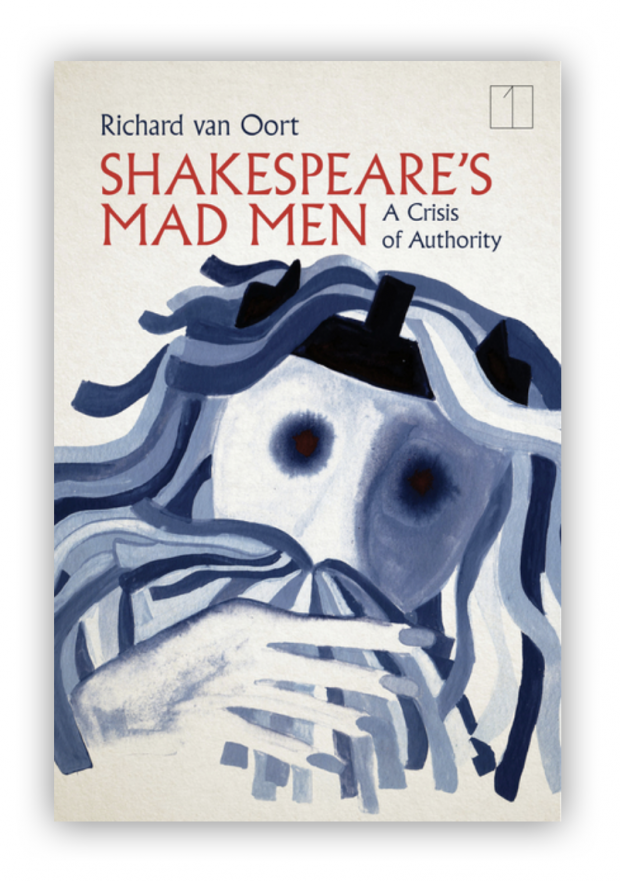Why Read Shakespeare?
 The English novelist Arnold Bennett said that if you want to develop genuine aesthetic taste you have to read the classics. The reason is simple. If you read a classic and don’t like it, then you know you haven’t tried hard enough. Your displeasure is contradicted by the experience of readers not only from your time but from historically distant eras as well. It is this last fact that is key. Fads spring up all the time, no more so than in our own media-saturated world. But the classic has withstood the test of time. It provides you with an objective benchmark to which you—with discipline and hard work—can aspire.
The English novelist Arnold Bennett said that if you want to develop genuine aesthetic taste you have to read the classics. The reason is simple. If you read a classic and don’t like it, then you know you haven’t tried hard enough. Your displeasure is contradicted by the experience of readers not only from your time but from historically distant eras as well. It is this last fact that is key. Fads spring up all the time, no more so than in our own media-saturated world. But the classic has withstood the test of time. It provides you with an objective benchmark to which you—with discipline and hard work—can aspire.
Shakespeare is a classic. But unusually for a classic author, he is also extraordinarily popular. Part of his popularity may be explained by the fact that he wrote plays as well as poems, for it is largely on the strength of the plays that he remains popular today. Shakespeare criticism took a giant leap forward when, in the late eighteenth and early nineteenth centuries, romantic critics such as Johann Gottfried Herder in Germany and Samuel Taylor Coleridge in England decided that his plays were really poetry disguised as theatre. Perhaps more than any other generation of critics, the romantics were responsible for turning Shakespeare into a classic.
But what exactly does it mean to call Shakespeare a classic? For the romantics, Shakespeare’s status as a classic author was above all evident in his use of irony. This irony manifests itself as a widening gulf between Shakespeare and his protagonists. While we are frequently invited to admire Shakespeare’s heroes, we are also warned, subtly and ironically, to resist them. Identification and alienation have been a staple of tragedy since the Greeks, but in Shakespeare this paradoxical relationship between the central figure and audience, centre and periphery, is unpacked and reflected upon.
These thoughts form the basis of my study of the protagonists of Shakespeare’s tragedies. What interested me in particular is the tragic hero’s failure to control his resentment. Resentment is a very destructive emotion, which is why it has such a bad reputation and also why no one admits to being resentful. Instead we tend to disguise resentment by giving it other names such as justice, fairness, or honour. Shakespeare understood this better than any psychologist or philosopher.
Read an excerpt here.
Shakespeare’s Big Men was released in 2016 from University of Toronto Press. It has been reviewed by Choice, Comparative Drama, COV&R Bulletin, Modern Philology, Renaissance Quarterly, Shakespeare Jahrbuch, Studies in English Literature, and University of Toronto Quarterly.
Shakespeare’s Mad Men was released in October 2022 from Stanford University Press. More information is available here. So far, it has been reviewed by Times Literary Supplement, Shakespeare Quarterly, Choice, and Anthropoetics.


